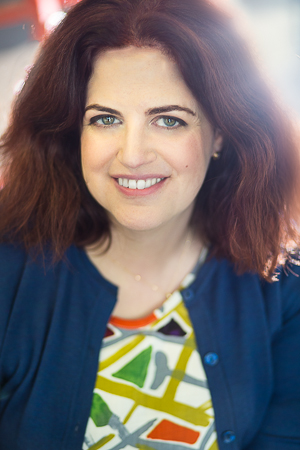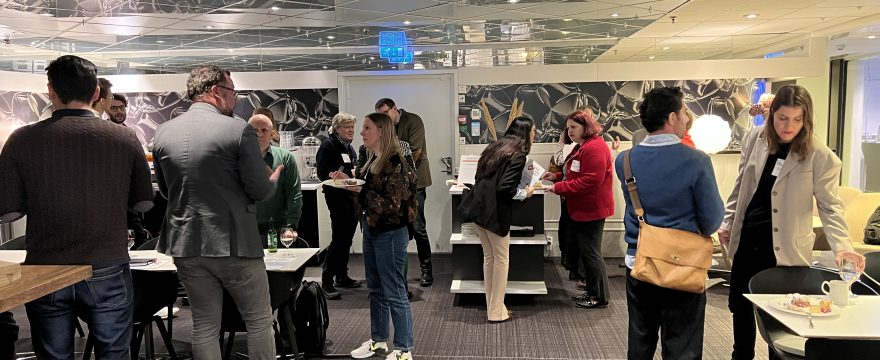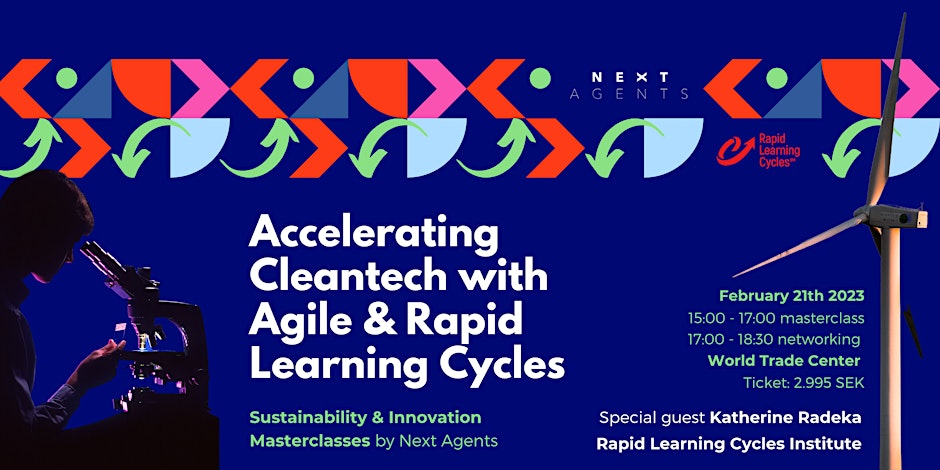(Stockholm – 17 February 2023) The acceleration of technology development is growing more popular as a tool for countries and industries working to limit climate change and its effects. To support high-velocity innovation in cleantech, Stockholm-based Next Agents is hosting a master class on 21 February called Accelerating Cleantech with Agile & Rapid Learning Cycles.
The class at the World Trade Center in Stockholm, will be taught by Katherine Radeka, CEO of the Rapid Learning Cycles Institute, who first commercialized the high-velocity innovation framework.
Cleantech solutions in the form of hardware and physical products are essential for transitioning to a sustainable society, yet innovation in this arena, according to Radeka, is “greatly hampered by inefficient and wasteful management of uncertainty.” Rapid Learning Cycles is an adaptation of Agile for hardware and other physical products, as well as other business areas where decisions are irreversible or expensive to change.
The Rapid Learning Cycles framework allows cleantech hardware and physical product innovators to burn down risk in those areas of development where decisions, once made, are costly or impossible to reverse. The result, she says, is a drastic reduction of uncertainty, which translates to accelerated development as optimal decision-making eliminates roadblocks and paves the way for an efficient and informed path to market.
“Making the right decisions at the right time with the right people and the best available knowledge,” Radeka advises, “ensures that your product moves quickly through development and launches effectively.” Most teams that adopt the framework find they get to market 30 percent faster than previously.
For Fernanda Torre, CEO of Next Agents, the race to net zero is not just an effort to fulfill the 2015 Paris Agreement target of limiting global warming to 1.5° C. It is also the global race for leadership in technology, innovation and knowledge. “Countries won’t prosper just because they happen to be located on resource-rich soil, they will prosper from their ability to attract talent, retain knowledge, accelerate innovation, and scale solutions in cleantech,” she says. “That is main reason why we need Rapid Learning Cycles to accelerate cleantech development — more than ever, knowledge and innovation are the solution.”
Anyone interested in the master class can sign up online. The class runs from 3-6:30 p.m. CET, Tuesday, 21 February and costs kr2,995.
About Katherine Radeka:

Radeka is an internationally recognized expert on innovation and product development who has used rapid learning cycles to help hundreds of engineers and scientists get their best ideas to market faster.
She founded the Rapid Learning Cycles Institute and authored the Shingo Research Award-winning book, The Mastery of Innovation as well as other books in the field of product development, including The Shortest Distance Between You and Your New Product: How Innovators Use Rapid Learning Cycles to Get Their Best Ideas to Market Faster and most recently the book When Agile Gets Physical: How to Use Agile Principles to Accelerate Hardware Development.
About Next Agents:

Next Agents is a consulting boutique focused on the development of growth capabilities, such as innovation management, future thinking, and sustainability lead innovation.
Next Agents partners with organizations to rethink value and traditional ways to conduct business via an integrated approach to design, business, and innovation, delivering value that is relevant to humans and the planet, today and in the future.
Next Agents hold regular master classes in support of its programs. For more information, visit: http://nextagents.se.


